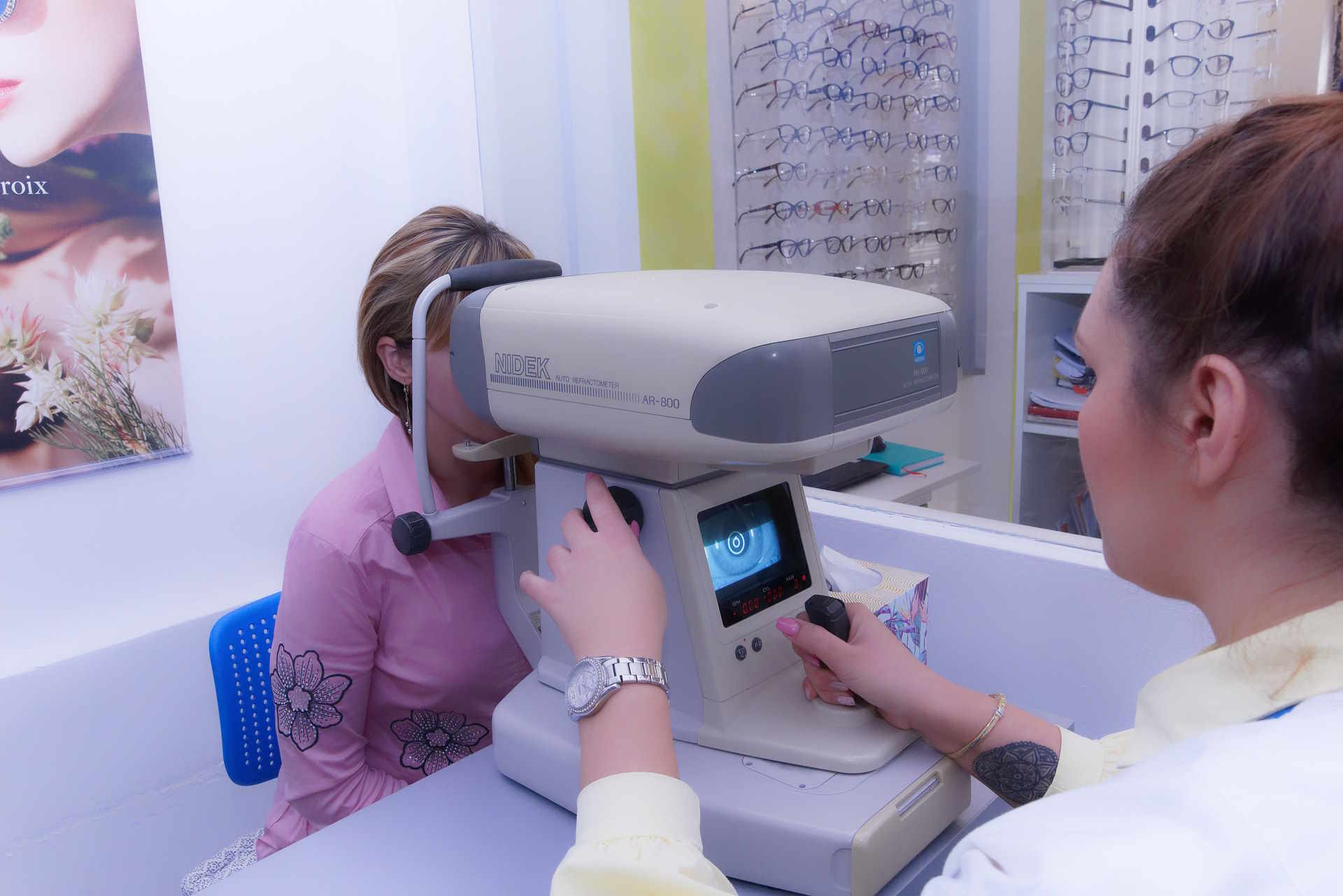Understanding Estrogen Cream for Menopause Relief
Estrogen cream is commonly used to help manage menopause related symptoms like vaginal dryness and irritation. This guide offers general insights into its usage, benefits, and what to know before considering it, with information backed by trusted medical sources.

How Does Estrogen Cream Help Alleviate Menopause Symptoms?
Estrogen cream is a topical hormone therapy that works by delivering estrogen directly to the vaginal tissues. As women enter menopause, their bodies produce less estrogen, which can lead to thinning and drying of the vaginal walls. By applying estrogen cream, women can replenish some of the lost hormones and address several menopause-related symptoms:
-
Vaginal dryness: Estrogen cream helps increase moisture and lubrication in the vaginal area, reducing discomfort and irritation.
-
Vaginal atrophy: The cream can help thicken and strengthen vaginal tissues, improving overall vaginal health.
-
Painful intercourse: By addressing dryness and tissue thinning, estrogen cream can make sexual activity more comfortable.
-
Urinary symptoms: Some women experience relief from urinary urgency or frequency when using estrogen cream.
What Are the Types of Estrogen Creams and Their Typical Uses?
There are several types of estrogen creams available, each with specific formulations and uses:
-
Conjugated estrogens cream: This type contains a mix of estrogens derived from natural sources. It’s often prescribed for vaginal dryness and atrophy.
-
Estradiol cream: This synthetic form of estrogen is bioidentical to the estrogen produced by the human body. It’s commonly used for vaginal symptoms and may help with urinary issues.
-
Estriol cream: A weaker form of estrogen, estriol cream is sometimes preferred for its potentially lower systemic absorption.
-
Combination creams: Some products combine estrogen with other hormones like progesterone or testosterone for broader symptom relief.
The choice of cream depends on individual symptoms, medical history, and healthcare provider recommendations.
What Are Some Low-Dose Estrogen Creams for Vaginal Dryness?
Low-dose estrogen creams are often preferred for treating vaginal dryness as they can provide relief with minimal systemic absorption. Some options include:
-
Estrace (estradiol) vaginal cream: Available in a low-dose formulation, this cream is applied directly to the vaginal area.
-
Premarin (conjugated estrogens) vaginal cream: This product comes in various strengths, including low-dose options.
-
Vagifem (estradiol) vaginal tablets: While not a cream, these low-dose tablets are inserted vaginally and provide localized estrogen therapy.
-
Estring (estradiol) vaginal ring: This flexible ring releases a low dose of estrogen over time and is replaced every three months.
What Are the Best Vaginal Creams for Low Estrogen?
While “best” can vary based on individual needs, some highly regarded vaginal creams for low estrogen include:
-
Estrace (estradiol) vaginal cream
-
Premarin (conjugated estrogens) vaginal cream
-
Vagifem (estradiol) vaginal tablets
-
Estring (estradiol) vaginal ring
-
Imvexxy (estradiol) vaginal insert
| Product Name | Active Ingredient | Typical Usage |
|---|---|---|
| Estrace | Estradiol | Applied directly to vaginal area 2-3 times per week |
| Premarin | Conjugated estrogens | Applied directly to vaginal area 2-3 times per week |
| Vagifem | Estradiol | One tablet inserted vaginally daily for 2 weeks, then twice weekly |
| Estring | Estradiol | Ring inserted vaginally, replaced every 3 months |
| Imvexxy | Estradiol | Soft gel capsule inserted vaginally daily for 2 weeks, then twice weekly |
Prices, rates, or cost estimates mentioned in this article are based on the latest available information but may change over time. Independent research is advised before making financial decisions.
What Are Important Considerations Before Using Hormone Creams?
Before starting any estrogen cream treatment, it’s crucial to consult with a healthcare provider. Important considerations include:
-
Medical history: Women with a history of certain cancers, blood clots, or liver disease may not be suitable candidates for estrogen therapy.
-
Risk assessment: Your doctor will evaluate the potential benefits against risks, which may include an increased risk of certain cancers or cardiovascular issues.
-
Duration of use: The length of treatment should be discussed, as long-term use may carry different risks than short-term use.
-
Alternative treatments: Non-hormonal options may be considered for some symptoms before resorting to hormone therapy.
-
Regular follow-ups: Ongoing monitoring is essential to assess the effectiveness of the treatment and watch for any adverse effects.
What Are the Benefits of Topical Estrogen?
Topical estrogen offers several advantages over other forms of hormone therapy:
-
Localized effect: Creams and other topical forms typically have less systemic absorption, potentially reducing overall side effects.
-
Targeted relief: Applying estrogen directly to the affected area can provide more immediate and focused symptom relief.
-
Flexibility in dosing: Creams allow for easy adjustment of dosage based on individual needs and response to treatment.
-
Convenience: Many women find topical application more convenient than taking pills or using patches.
-
Lower overall hormone exposure: Topical estrogen generally requires lower doses than oral or transdermal forms to achieve the desired local effect.
In conclusion, estrogen cream can be an effective treatment for many menopause-related symptoms, particularly those affecting vaginal health. With various types and formulations available, women have options to address their specific needs. However, it’s crucial to work closely with a healthcare provider to determine the most appropriate treatment plan, considering individual health factors and potential risks.
This article is for informational purposes only and should not be considered medical advice. Please consult a qualified healthcare professional for personalized guidance and treatment.




